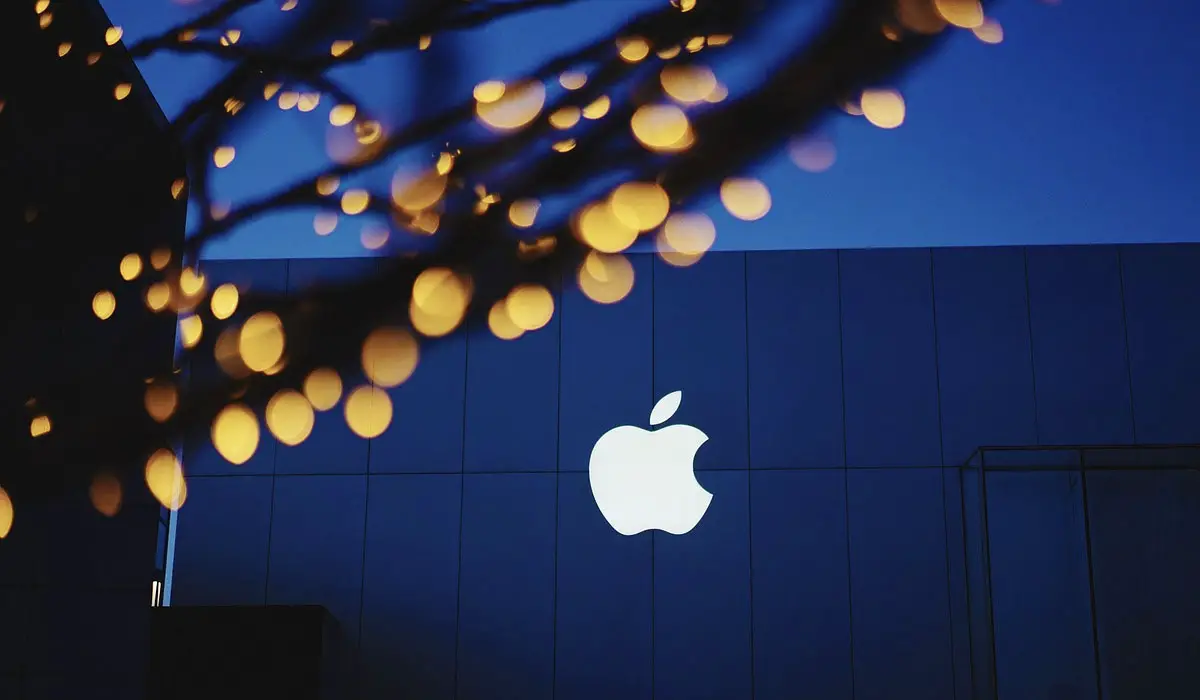News: In the realm of search engines, Bing has been making waves recently. Earlier this year, Microsoft underwent a transformative journey with its Bing Search Engine by incorporating generative AI technology. By tapping into the power of OpenAI’s latest AI model, Microsoft has set its sights on rejuvenating its search engine’s presence.
Bing made its debut in 2009, yet it currently holds less than 10% of the search engine market share. However, with the infusion of AI capabilities, Bing is poised to redefine the industry landscape, and Microsoft is leaving no stone unturned in integrating Bing into its diverse array of products and services. Despite its modest market share when compared to the search engine giant Google, Bing’s influence has been significant enough to attract the attention of tech giant Apple.
Microsoft’s Aspiration: To Replace Google with Bing in Apple’s Ecosystem
Back in 2020, Microsoft engaged in discussions with Apple’s Senior Vice President of Services, Eddy Cue, regarding the potential sale of Bing to Apple as a replacement for Google. This was not the first time such conversations had taken place. Over the years, Microsoft had explored various avenues to establish Bing as the preferred choice for Apple’s devices. Testimonies during the ongoing FTC antitrust suit against Google revealed that Apple had, at one point, contemplated the idea of replacing Google as the default search engine on the iPhone.
Currently, Apple benefits from a lucrative arrangement with Google, receiving substantial compensation for maintaining Google as the default search engine across its operating systems. Although discussions between Microsoft and Apple have not progressed significantly, Apple did entertain the idea of extracting more financial gain from Google to retain its dominant position. It’s no secret that Apple’s revenue from Google’s search engine far surpasses that from Bing.
The DOJ’s Antitrust Trial: A Pivotal Moment
In 2016, during the U.S. Department of Justice’s antitrust trial against Google, the search engine giant disclosed its multi-billion-dollar investment in Apple, aiming to establish Bing as the default search engine in Safari. This pivotal meeting brought Apple’s CEO and Microsoft’s CEO together. The agreement between Apple and Google also drew scrutiny from the U.S. Department of Justice, as they faced accusations of abusing their dominance in the search market. The U.S. government alleged that Google paid Apple billions for privileged placement on the iPhone and other devices.
Over the years, Apple and Microsoft have engaged in several discussions about making Bing the preferred choice for Apple devices. In fact, between 2013 and 2017, Apple did select Bing as the default search engine for Siri and Spotlight. In 2013, Microsoft secured a partnership with Apple, enabling Bing to power Siri and Spotlight searches. However, in 2017, Apple switched back to Google.
Microsoft’s Motivation to Sell Bing
The motivation behind Microsoft’s attempts to sell Bing to Apple is quite clear. With less than 10% of the search market share, Microsoft recognizes the potential value that Apple could extract from Bing. While Microsoft dominates the computer market, Apple and Google reign supreme in the mobile sector. However, Google has consistently prioritized its own search engine over Bing.
By selling Bing to Apple, Microsoft could offer a robust search engine that could rival Google, especially if integrated seamlessly into Safari. With millions of Macs, iPads, and iPhones in circulation, Apple could have positioned Bing as the preferred browsing option. Yet, Apple opted for a less risky path.
At that time, there were no credible alternatives to Google, and Apple had concerns about Bing’s ability to match Google’s quality and capabilities. Reportedly, Apple receives a staggering $20 billion annually from Google to maintain its position as the default search engine on iOS and iPadOS.
Why Apple Ultimately Declined to Purchase Bing
In 2020, Apple had the opportunity to acquire Bing but declined for several compelling reasons. While purchasing Bing could have reduced Apple’s reliance on Google and potentially allowed it to replace Google as the default search engine, Apple’s financial gains from Google were substantial.
Furthermore, Bing’s quality and data did not measure up to Google’s standards. Bing’s reliability and data quality were inferior to Google’s, resulting in its lower usage. In contrast, Google’s search engine offered more immediate and reliable information, consistently refining its algorithms to deliver superior search results.
During the U.S. Department of Justice proceedings, Apple asserted that they chose Google as their default search engine because it was the best option available, not solely for monetary gain. This indicates that Bing’s technology was on par with Google’s.
In the event that Apple had acquired Bing, significant investments would have been required to enhance its quality. Bing’s data and search engine page quality had room for improvement, especially for novice users. Additionally, Apple’s substantial revenue from Google’s default search engine arrangement made it impractical to replace it with Bing.
In 2022, Microsoft has made substantial strides in revitalizing Bing, leading to reconsideration of selling it. Bing is now deeply integrated with Windows and Edge, making it a more formidable contender. Microsoft has also introduced the Enterprise edition of Bing, featuring enhanced commercial data protection.
Today, Microsoft’s new Bing chatbot excels in reliability and boasts superior AI capabilities. Despite Google’s search engine dominance, Microsoft’s upgraded Bing offers a diverse range of functionalities, including image generation, coding assistance, mathematical problem-solving, and more. Google is still working to incorporate AI into its search engine and workspace, but Microsoft’s Bing is already ahead in this regard.

